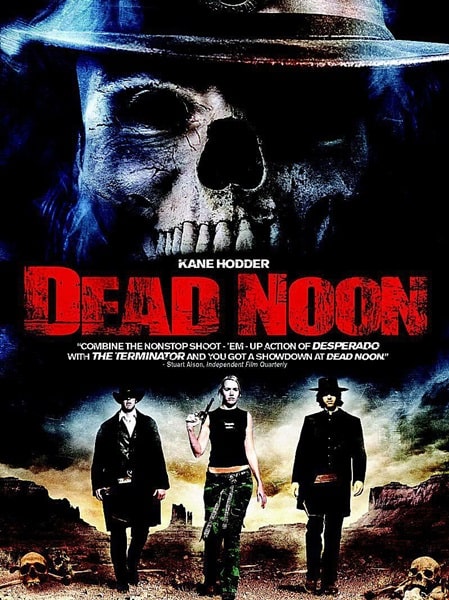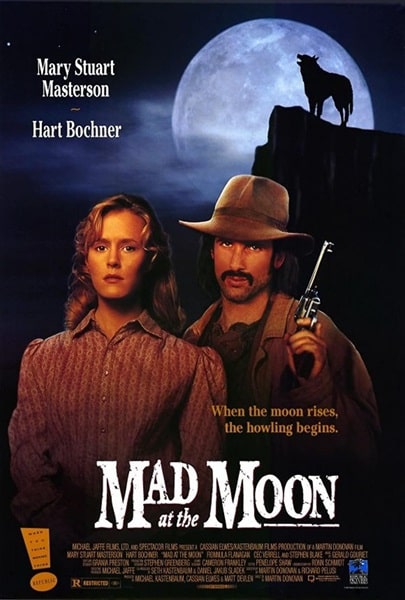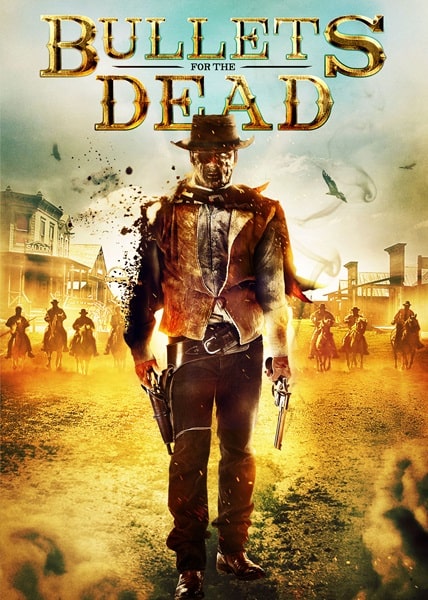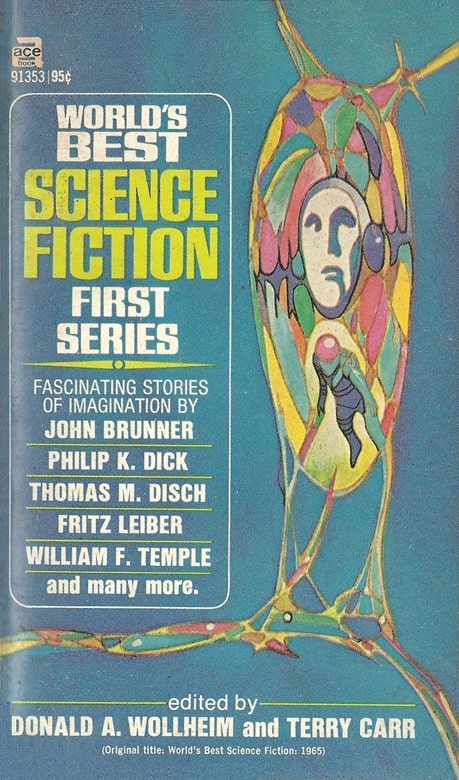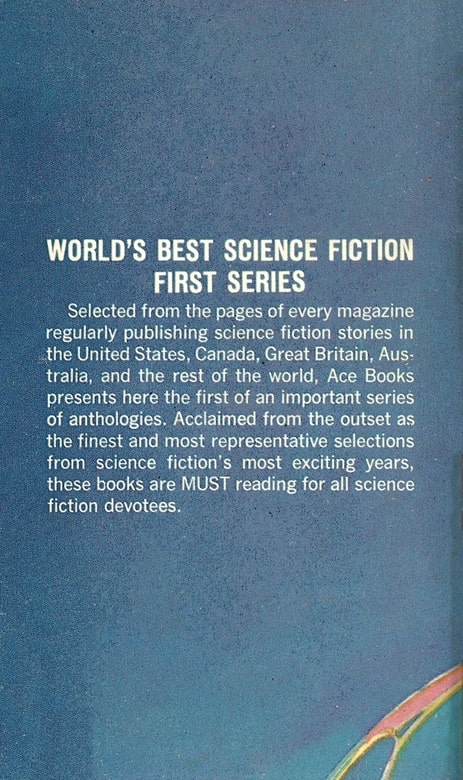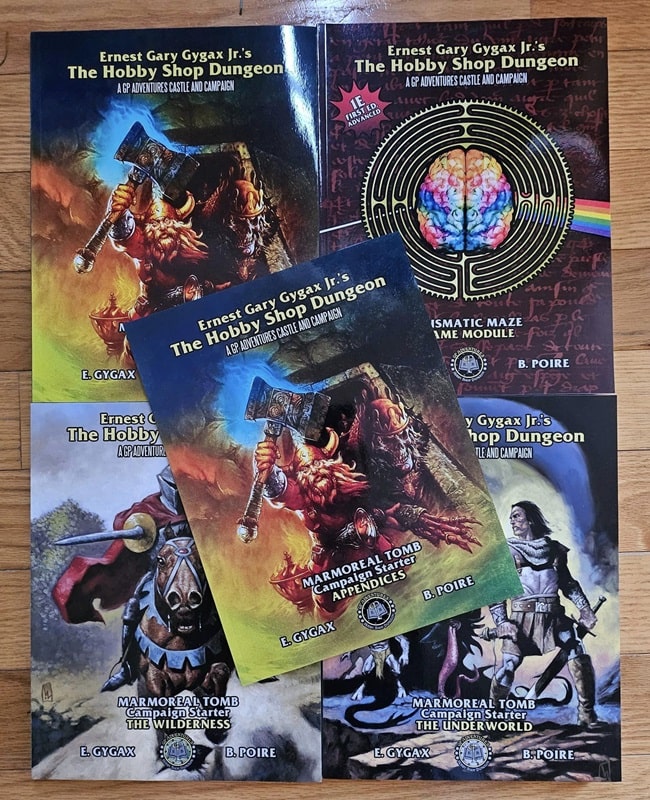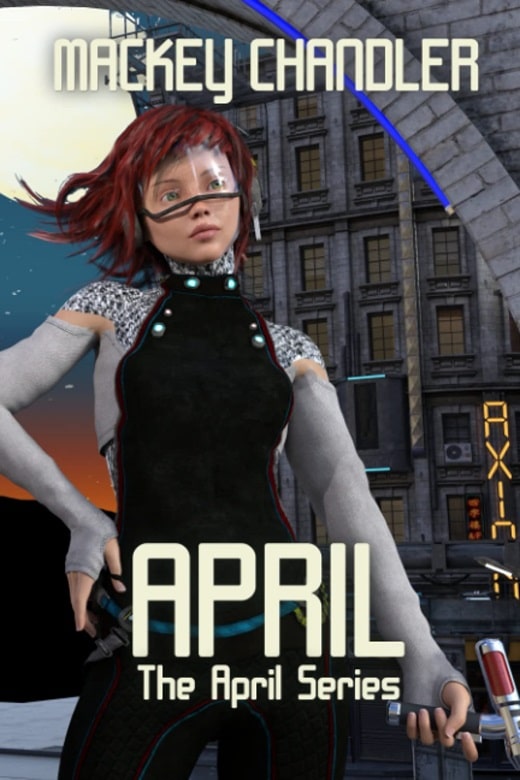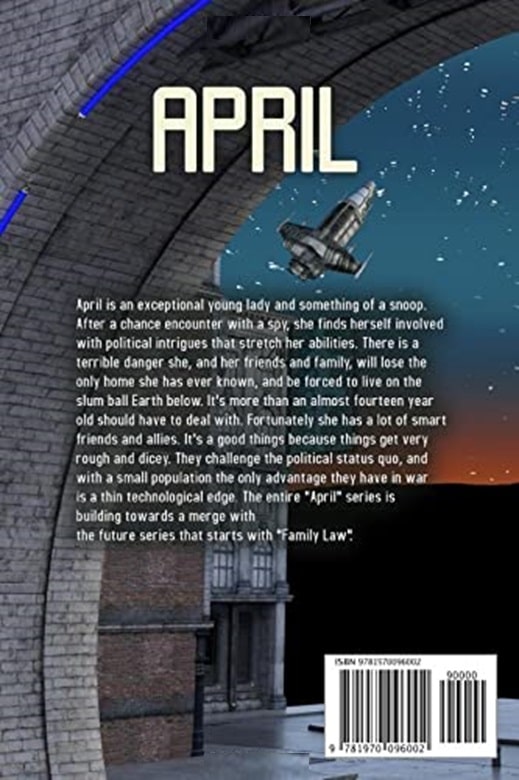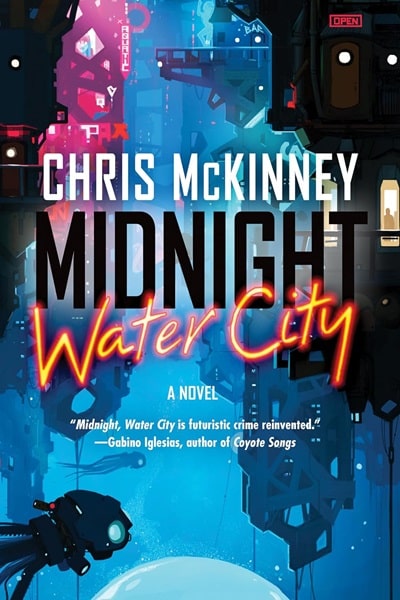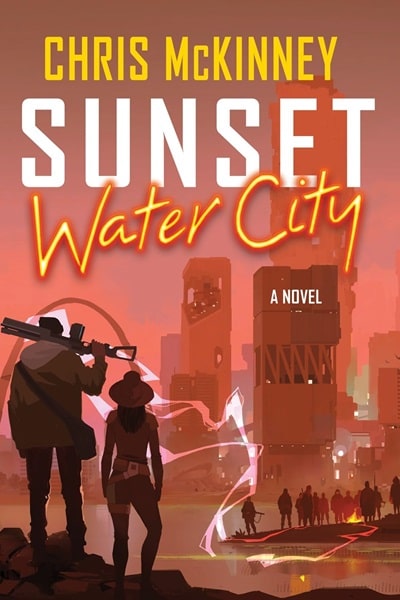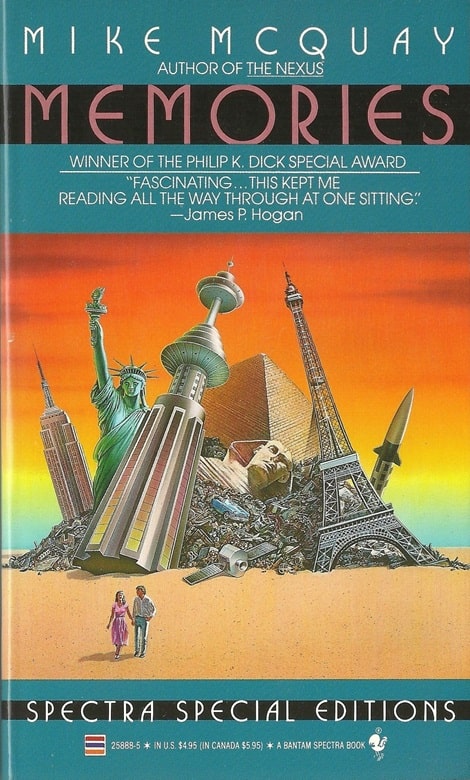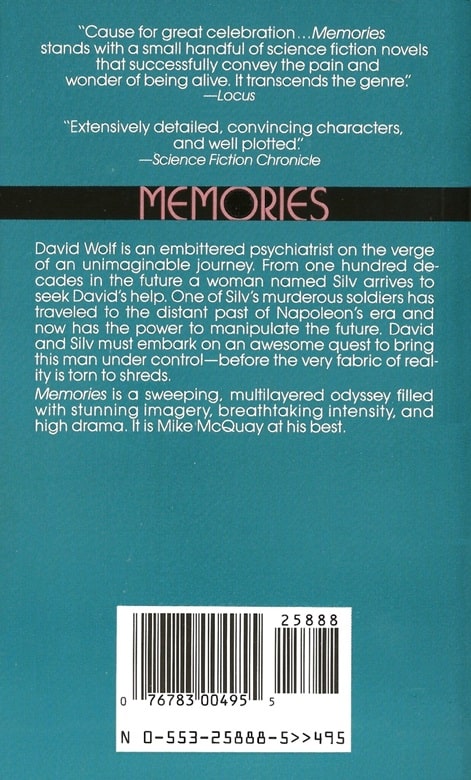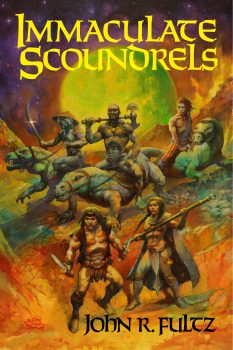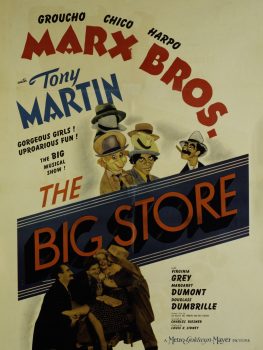 For nearly the first time in a year, it’s Nero Wolfe’s Brownstone!
For nearly the first time in a year, it’s Nero Wolfe’s Brownstone!
If you read my column here, or follow me on FB, you know that I am a gargantuan Nero Wolfe fan (points if you got that). It’s my favorite series in any genre. I’ve written a lot of fiction and non-fiction about him, and below, you can find links to the prior forty-four posts here at Black Gate.
I have several stories in progress (maybe I could actually finish one or two!). There is one project I set aside that has been one of the most fun things I’ve written so far. I’m also a huge Marx Brothers fan. While The Big Store is not considered one of their best movies, I like it quite a bit.
I’m deep into a story in which I have Wolf J. Flywheel hire Wolfe for help solving a murder in The Big Store. The story is original, but it uses the characters, and is definitely an homage. You can imagine how Groucho gets on Wolfe’s nerves.
If this works, I might write one with Groucho and Wolfe, based on the Flywheel, Shyster, and Flywheel radio show. I think I do Groucho and Chico fairly well. Hope you get a chuckle.
The doorbell rang. I put down my coffee and walked out to the hall, waving off Fritz, who had come out of the kitchen. “Allow me. I’ve been staring at the wall for fifteen minutes. I don’t think it’s going to move now that I’ve taken my eye off of it.” I shooed him away.
I looked through the one-way glass to see two men standing on the stoop. Even as a boy in Chillicothe, Ohio, I was never the slack-jawed yokel New Yorkers think we corn-fed Midwesterners are. But I’m pretty sure my mouth was hanging open now. The guy in the front had a ridiculous mustache and dark, bushy eyebrows. Add in the wire rim glasses and cigar, and he was probably the most unique-looking individual to visit the Brownstone.
…
Read More Read More
